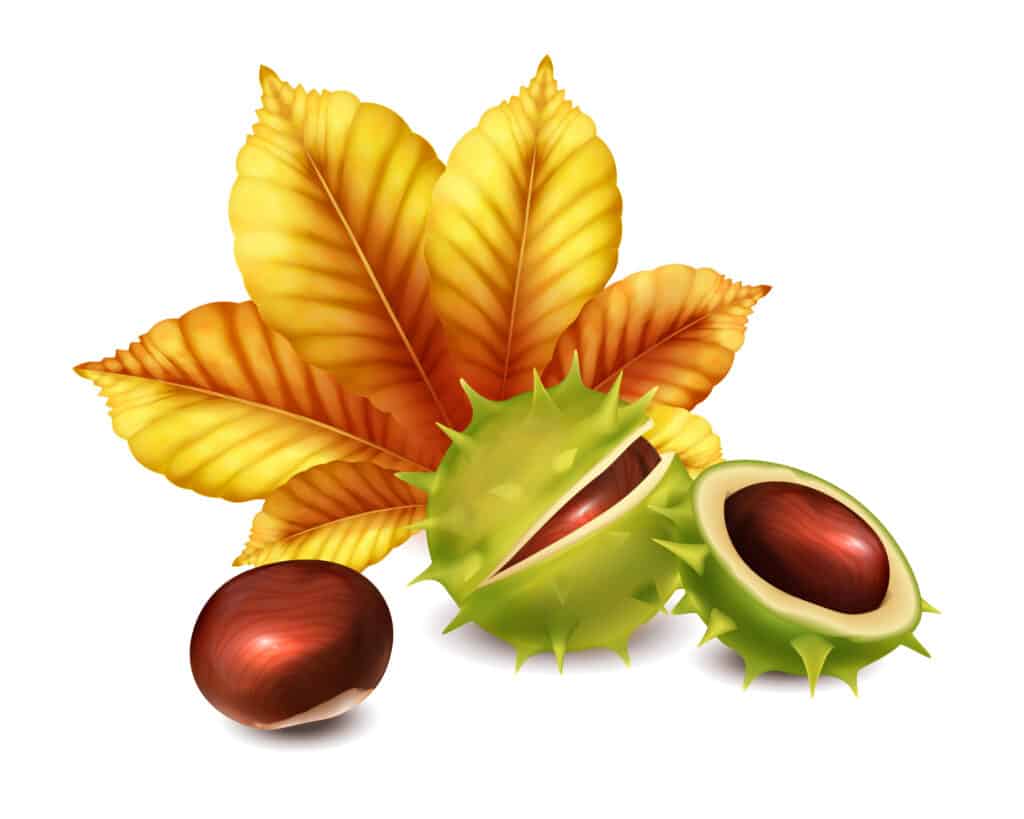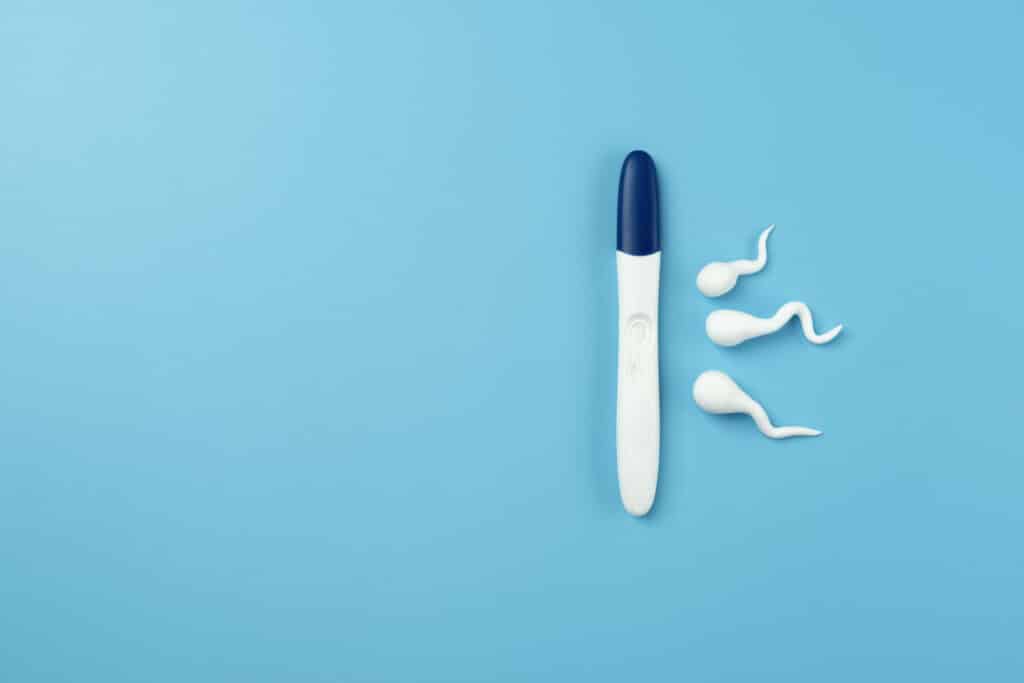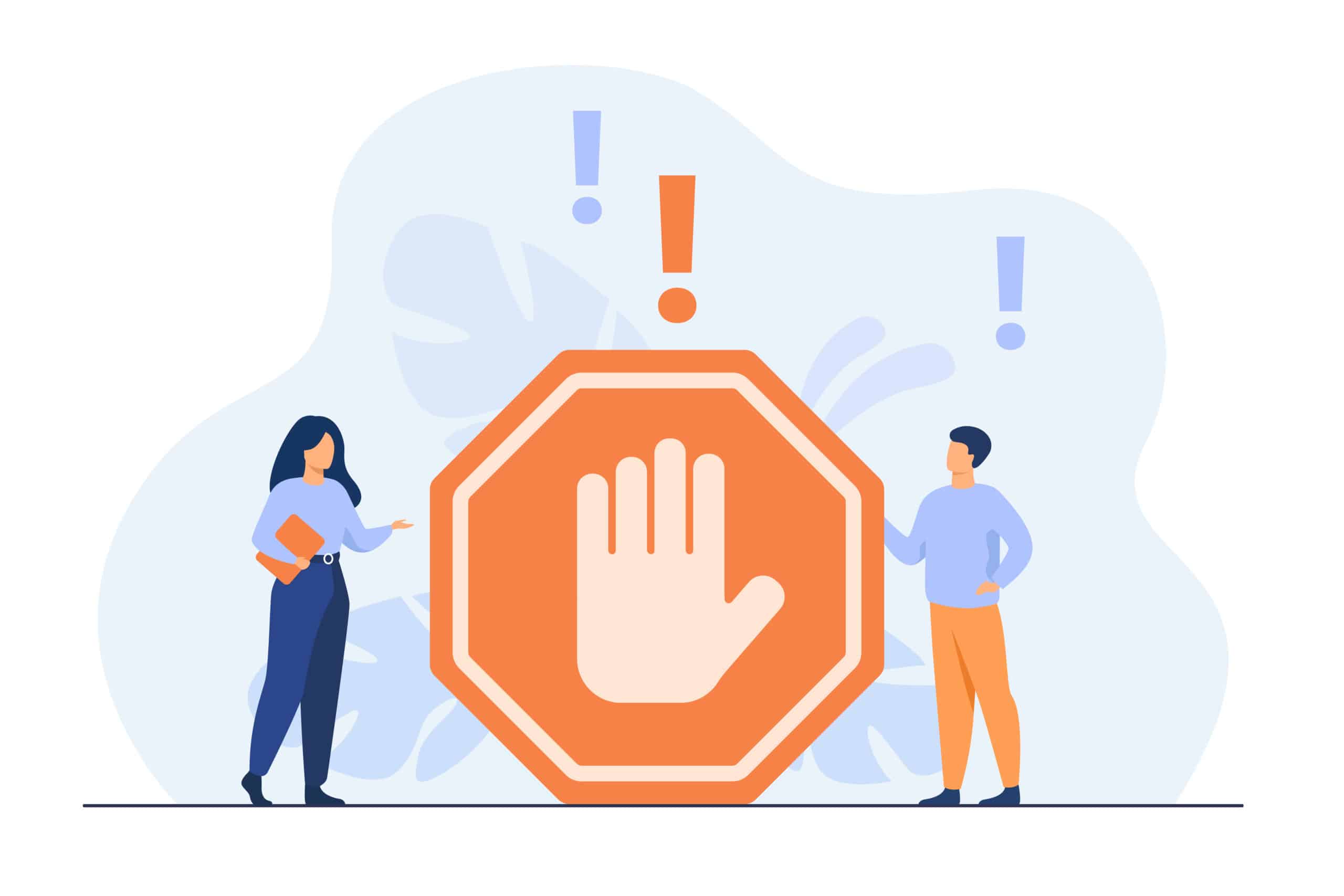Understanding The Risks Of Horse Chestnut Extract
Many seek natural remedies to improve our health without fully understanding the implications. Horse chestnut extract is renowned for its vascular benefits but carries underlying risks.
This article will guide you through what horse chestnut extract is, its potential rewards, and, importantly, the associated dangers of Horse Chestnut Extract to consider before use. Discover the full story here.
Key Takeaways
- Horse chestnut extract from a tree can help with leg pain and swelling, but raw seeds are poisonous.
- This extract may help with vein problems, joint pain, stomach troubles, and male infertility, but don’t take it without talking to a doctor.
- Eating horse chestnut seed extract can cause vomiting, twitching muscles, or low blood pressure. It may also not mix well with some medicines.
- Be careful about side effects like upset stomach or headache. Call the FDA if you have bad reactions after taking horse chestnut products.
- Always check that any horse chestnut product is safe for medicine use. Only use stuff made for health care to avoid poison risks.
What is Horse Chestnut Extract?

Horse chestnut extract is derived from the seeds of the horse chestnut tree, scientifically known as Aesculus hippocastanum. It is commonly used to address various health concerns such as chronic venous insufficiency, hemorrhoids, and male infertility.
Overview
Horse chestnut extract comes from the seeds of the horse chestnut tree. People use it to make medicine. It has a poison called esculin, so eating raw seeds can be dangerous. But when made into an extract and taken correctly, it can help with health problems.
Doctors think the extract is good for treating chronic venous insufficiency (CVI). That’s when blood doesn’t move well up the veins in your legs back to your heart.
The seed extract seems to reduce swelling and leg pain linked to CVI. Many like using it because it’s seen as natural medicine. However, not all parts of the chestnut are safe – only use products made for medical uses! Always check labels carefully before taking any supplement and follow directions or ask a healthcare professional if you’re unsure how much you should take.
Uses
Horse chestnut seed extract is well-known for making veins strong and reducing swelling. People take it to help with pain and tired legs when their veins aren’t doing well. This can happen in a condition called chronic venous insufficiency.
The seeds are turned into a supplement that some folks use to care for their vein health.
This extract isn’t just for veins; it also fights inflammation, which might help with joint pain and other body aches. For years, people have used horse chestnut for bladder issues, stomach problems, fever, muscle cramps, and more health concerns.
It’s important not to eat raw horse chestnuts because they’re poisonous and not the same as sweet chestnuts you find at the store. Always check that any product you use has been made safe for eating or taking as medicine.
Effectiveness
Horse chestnut extract is known for helping with leg circulation. Studies show it might work, as well as special socks that squeeze your legs to keep blood moving. This could be good news if you don’t like wearing those socks.
People have also looked at lots of research and think that this extract does help with vein problems in the legs.
Horse chestnut may offer some relief for those dealing with hemorrhoids, too. Because it seems to strengthen veins, it could reduce swelling and discomfort from these painful bumps around the bottom area.
Potential Benefits of Horse Chestnut Extract
Horse chestnut extract has been used to treat chronic venous insufficiency, hemorrhoids, and male infertility and has demonstrated anti-inflammatory and hypoglycemic effects. Research suggests that it may help improve blood flow in the veins of the legs and reduce swelling.
Chronic Venous Insufficiency
Horse chestnut seed extract is often used for chronic venous insufficiency, where poor blood flow in leg veins causes pain and swelling. Research suggests it might help with this problem by improving blood flow and reducing leg swelling.
People use horse chestnut seed extracts to treat these symptoms.
It is essential to note that there have been cases of horse chestnut poisoning when people mistakenly eat raw horse chestnuts, mistaking them for edible chestnuts. It’s crucial to consult a healthcare provider before using any supplements, including horse chestnut extract, particularly if you are on other medications or have existing health conditions.
Hemorrhoids
Horse chestnut seed extract may offer potential benefits in managing hemorrhoids by reducing inflammation and swelling. Some people find relief from symptoms of poor blood circulation, such as varicose veins and pain associated with hemorrhoids, through horse chestnut seed extract.
It’s essential to consult a healthcare professional before using horse chestnut extract, especially regarding its potential risks and side effects. This precaution is crucial in ensuring the safe and effective management of hemorrhoids.
Notably, taking horse chestnut seed extract might help alleviate hemorrhoid symptoms by addressing inflammation and blood circulation. However, it’s important to prioritize safety by seeking medical advice when considering any herbal supplement for health-related concerns due to possible interactions or adverse effects.
Male Infertility

Aescin, a compound found in horse chestnut seed extract, has positively affected male fertility. Research suggests that taking standardized horse chestnut seed extract orally may help reduce symptoms of poor blood circulation, such as varicose veins, pain, and tiredness – factors that can affect male infertility.
This natural supplement has been researched for its potential benefits in treating male infertility associated with varicocele.
Using standardized horse chestnut seed extract could be beneficial for men experiencing fertility issues related to varicocele. It is important to consult a healthcare provider before incorporating this or any other dietary supplement into your routine, especially if you have specific health concerns or are taking medications.
Anti-inflammatory and Hypoglycemic Effects
Horse chestnut seed extract has anti-inflammatory properties, which may help relieve discomfort from conditions like hemorrhoids and chronic venous insufficiency. Additionally, it exhibits hypoglycemic effects that can aid in managing diabetes and regulating blood sugar levels naturally.
The O-ß-hydroxyethyl rutosides present in horse chestnut seed extract have been found to provide short-term benefits by reducing edema and alleviating symptoms of chronic venous insufficiency without causing significant side effects.
Given the potential for these effects, individuals considering incorporating horse chestnut products into their health regimen should be mindful of its dual benefits – as an anti-inflammatory agent with possible positive impacts on conditions such as varicose veins or hemorrhoids and its ability to help regulate blood sugar levels, which could be advantageous for those dealing with diabetes.
Risks and Side Effects of Horse Chestnut Extract
Horse chestnut extract can cause side effects such as vomiting, muscle twitching, and low blood pressure. It may also interact with other drugs, so it’s important to consult a healthcare provider before using it.
Poisoning Symptoms
If you take horse chestnut seed extract, be aware of possible poisoning symptoms. These may include vomiting, muscle twitching, dizziness, headache, and itching. After taking this extract, some people may also experience gastrointestinal issues or low blood pressure.
It’s important to recognize that reported side effects of horse chestnut extract can vary from person to person. Common symptoms include stomach upset, nausea, muscle spasms, and headaches.
Suppose you have concerns about the potential side effects of horse chestnut extract products. In that case, seeking advice from a healthcare provider or contacting poison control for guidance on appropriate measures is crucial.
Interactions with Other Drugs
Horse chestnut may interact with other drugs and herbal supplements, so it’s important to be cautious when using it. Potential interactions with other drugs should be considered when using horse chestnut extract.
It is crucial to consult a healthcare provider before combining horse chestnut extract with any prescription medications.
Some keywords used: “herbal supplements,” “interact with other drugs,” “consult a healthcare provider,” and “potential interactions.”
Precautions to Consider
When using horse chestnut extract, it’s essential to be aware of potential risks and take necessary precautions. Here are important precautions to consider:
- Recognize the symptoms of esculin poisoning, which may include stomach upset, muscle twitching, weakness, depressed mood, loss of coordination, dilated pupils, vomiting, diarrhea, little or no urinating, and muscle issues.
- Be cautious of possible side effects such as nausea, digestive upsets, dizziness, headaches, vertigo, allergic reactions, and itching.
- Consult a healthcare professional before using horse chestnut extract to understand potential interactions with other medications and determine the appropriate dosage.
- Monitor for signs of worsening kidney function when using horse chestnut extract orally.
- Report any side effects or adverse reactions to the FDA at 1-800-FDA-1088 to contribute to ongoing safety monitoring efforts.
FAQs
Q: What is horse chestnut extract, and how is it used?
A: Horse chestnut extract is derived from the seeds of the horse chestnut tree. It is commonly used as a dietary supplement for various health purposes, including improving circulation and treating symptoms related to chronic venous insufficiency.
Q: Can anyone use horse chestnut extract?
A: It is important to consult with a healthcare professional before using horse chestnut extract, especially if you have underlying health conditions or are taking medications. Pregnant or nursing women should also seek medical advice before using it.
Q: Are there potential risks associated with using horse chestnut extract?
A: Yes, horse chestnut extract may cause side effects such as nausea, dizziness, or headache. Some individuals may also experience allergic reactions to the extract. It is important to be aware of these potential risks before using it.
Q: How should one take horse chestnut extract?
A: The appropriate dosage of horse chestnut extract can vary depending on the individual and the specific health condition being treated. It is crucial to follow the recommended dosage instructions provided on the product packaging or by a healthcare professional.
Q: What are the uses of horse chestnut extract?
A: Horse chestnut extract has been used for various purposes, including addressing symptoms related to chronic venous insufficiency, improving vein health, and promoting circulation in the legs.
Q: Are the leaves of horse chestnut trees also used for health purposes?
A: No, the leaves of the horse chestnut tree are not typically used for health purposes. The extract is primarily derived from the tree’s seeds and is used for its potential health benefits.
Q: What should I do if I experience side effects from horse chestnut extract?
A: If you experience adverse effects after using horse chestnut extract, it is important to report them to the FDA at 1-800-FDA-1088. Additionally, seek medical attention if the side effects are severe or concerning.
Q: Can horse chestnut extract be used for chronic venous insufficiency?
A: Some research suggests that horse chestnut seed extract may benefit individuals with chronic venous insufficiency. However, discussing its use with a healthcare professional to determine if it is suitable for your specific condition is essential.
Q: Can raw horse chestnut seeds be used for health benefits?
A: Raw horse chestnut seeds contain a compound called aescin, which can be toxic when consumed in large amounts. As a result, raw horse chestnut seeds are not recommended for health purposes.
Q: Where can I learn more about horse chestnut extract and its potential benefits?
A: To learn more about horse chestnut extract and its uses, consult reliable sources such as healthcare professionals, reputable medical websites, or scientific literature. It is important to gather accurate information before considering its use.

